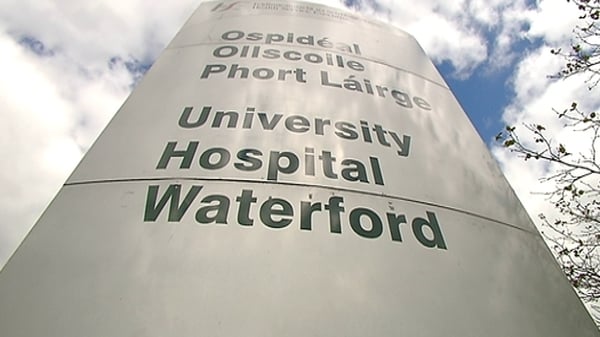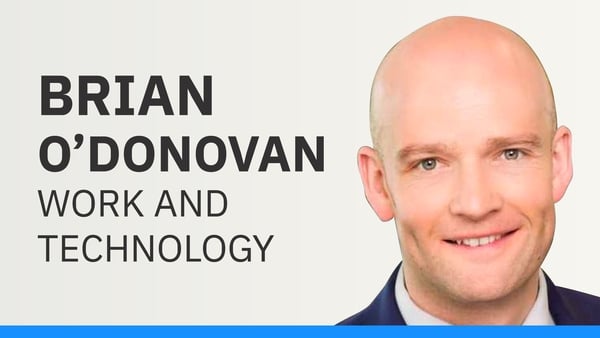The Irish Congress of Trade Unions is calling for increased wage rises in the private sector to reflect the current high rate of inflation.
In December, ICTU issued guidance that private sector employees should seek pay increases of between 2.5% and 4.5% during 2022.
Today, those figures have been revised upwards and unions are now advised to seek increases in the range of 2.5% and 5.5% in line with the rate of inflation.
ICTU's Private Sector Committee is also calling on Government to relax the Small Benefits Exemption rules for 2022 in order to facilitate employers to cushion their staff from high prices and falling living standards.
Under this scheme, employers can currently give employees a non-cash (vouchers) once-off small benefit of up to €500 in value - tax free - each year.
ICTU is recommending the tax-free limit be increased to €1,000 for employees in receipt of weekly gross wages up to €1,462 per week and to allow the value to be spread over multiple bonus payments over the year.
"It is important that workers' living standards are protected and employers and Government must play their part," ICTU general secretary Patricia King said.
"Congress will be keeping this matter under continuous review," she added.
The current public sector pay deal, Building Momentum, will end later this year and negotiations on a new agreement are expected to begin in the coming months.
Asked if he supported ICTU's call, Taoiseach Micheál Martin said negotiations between trade unions and employers would continue.
"There already had been increases last year and coming into this year, and the data is there in terms of wage increases," he said.
"I think, generally as a society, we have to be careful that we don't try and chase inflation and then end up causing more harm than good."
He said unions, employers and Government would have to navigate the current inflationary period.
"There will be soundings between ourselves and the unions and the employers on this. The private sector in the market is dictating a lot already in terms of wage rates."
The Taoiseach said the biggest pressure at the moment was talent and getting vacancies filled, especially in the hospitality sector.
"I think that that will create its own upward pressure on salaries and wages," Mr Martin said.
Speaking in Cork, Minister for Public Expenditure and Reform Michael McGrath told RTÉ News he accepted that when the current public service pay deal was negotiated, inflation was not a significant factor, and that any successor to the agreement would have to take account of inflation.
"I acknowledge that, when we entered into the current agreement, the level of inflation was much, much lower," he said.
"It was not envisaged that we would be in a scenario with inflation in excess of 5%," he added.
"I am signalling a willingness in the coming months to enter discussions with the trade unions in relation to the possibility of a successor agreement, which will of course have to take account of the current economic circumstances, cost of living issues and also the Government's reform agenda to continue to improve the public services we supply to our people," he said.
Under the current public sector pay deal civil and public servants received a 1% pay rise in October 2021 and will receive a further 1% rise in October 2022.
Additional repoting: Tony Connelly






